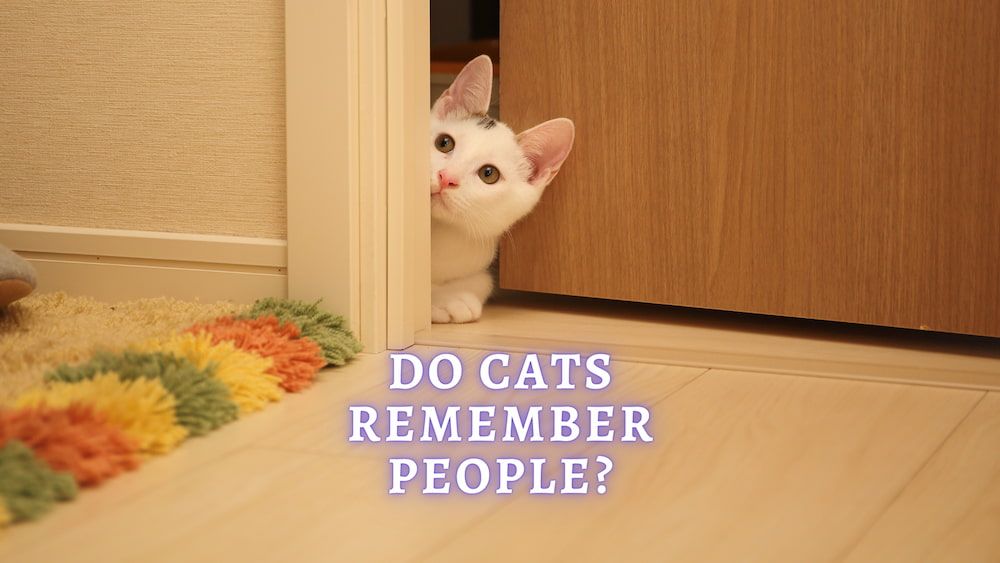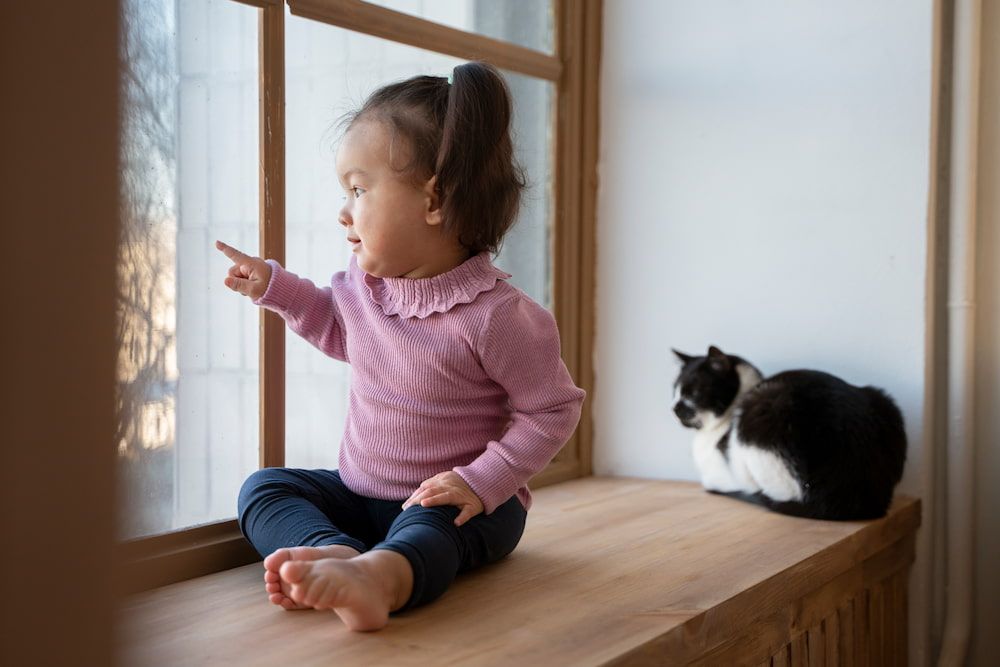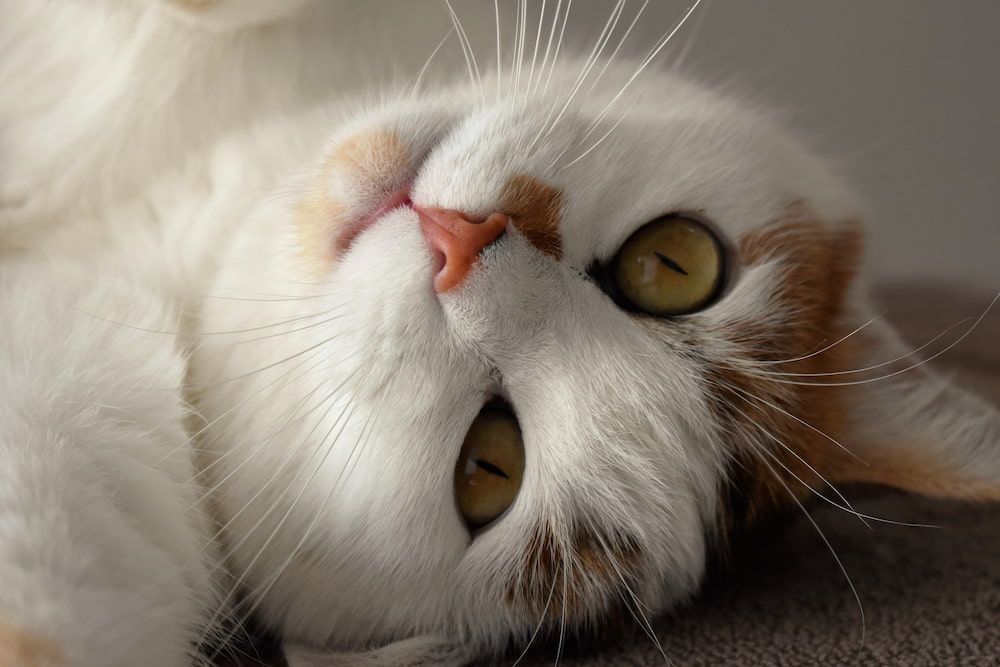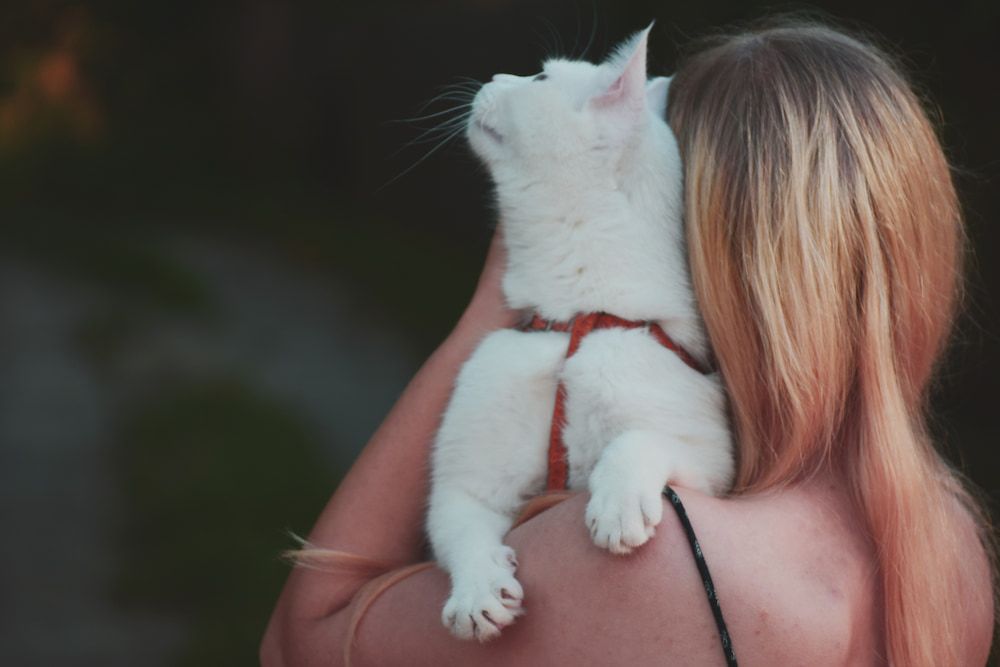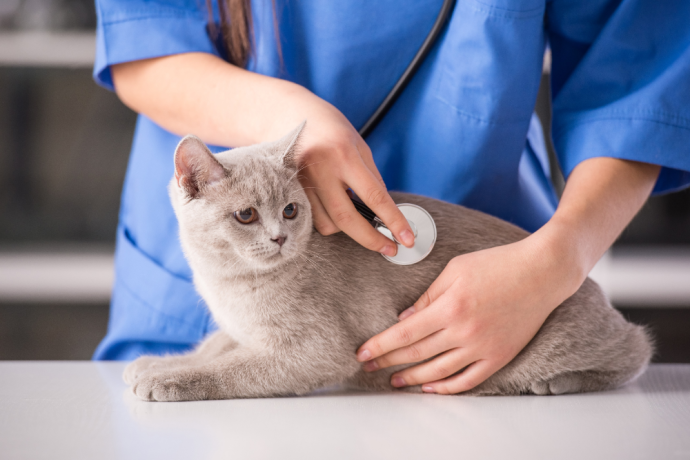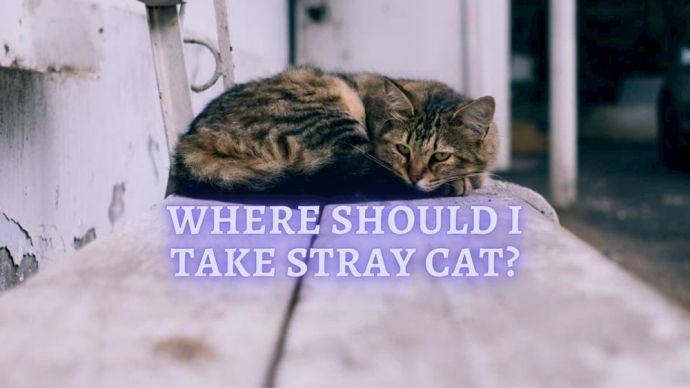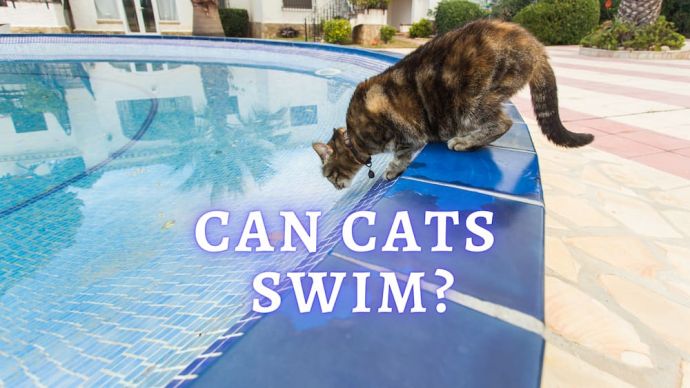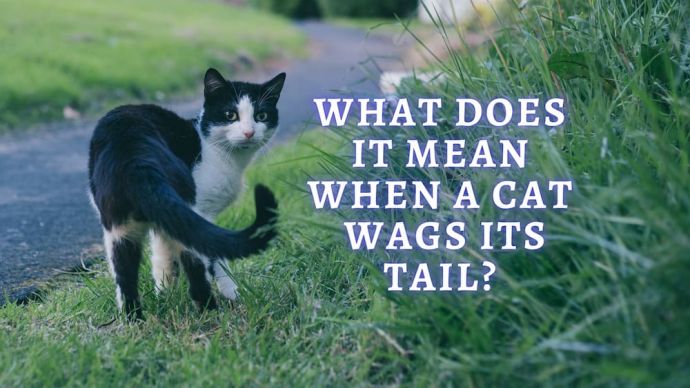Do Cats Remember People? How Much Do Cats Remember?
Written by:
Author: Carol Young
Carol has worked in specialty, emergency, mixed animal and general veterinary practices, and enjoys all aspects of veterinary medicine. Her special areas of interest include anesthesia, critical care, emergency, dentistry, internal medicine and small animal nutrition.
View all 62 articlesLearn about our editorial process and veterinary review board.
Viewed: 64
Updated on: 04/21/2023
We have all heard that elephants have great memories, but what about cats? Although they can’t talk, they communicate in various ways, from purring, meowing, and rubbing up against us to demanding a tasty treat or a nice scratch behind the ears.
Although there is not much research on memory in cats and if they remember people, most owners, and veterinary professionals will tell you that pets rely on their senses and associative memories to recall interactions with people and other animals. For example, when you come home at the end of the day, your kitty may greet you warmly at the door because she associates you with food, cuddling, and companionship.
But does that mean that your cat remembers you?
The definition of memory is the storing of data and information that can be encoded and retrieved later. If we consider this definition, then yes, felines remember people, but it may not be the same kind of memory as with humans.
Do Cats Have Good Memory?
Like most animals, including humans, felines have what researchers call short-term and long-term memory. Short-term memory is the ability to hold a readily available amount of information for a short amount of time. In contrast, long-term memory takes short-term memories and stores them for a long time.
Although both human and feline memories may be triggered by the senses (such as a smell or a sound) or by an association (a certain person tied to a particular behavior or action), felines may rely more on their senses and association than humans do.
For example, pets probably don’t sit around reminiscing about that fun toy you bought her, as they most likely “live in the moment.” However, showing your feline friend her favorite toy can trigger her “memory” or associations with play and fun and get excited.
But do cats have a good memory?
Results from an experiment published in 2008 [1] showed that pets have a good memory, but only when it comes to spatial memory. Spatial memory is the storage and retrieval of information needed to plan a route to the litterbox, associate a place with an event (like vaccines at the vet), or remember where an object is located.
In that same 2008 study, cats could easily remember what food bowls they had eaten in a given area. Another study in 2006 [2] showed that they couldn’t remember where food bowls were once they were removed from sight.
So, science shows that in spatial situations, pets do have good memories.
Do Cats Recognize Their Owners?
Using their senses and associative memories, cats can recognize their owners. The owners will tell you that after being gone for a few weeks on vacation or away for work, their pet (depending on the personality) may exhibit joy at their return by purring, head-butting, and/or rubbing up against their legs.
How do cats recognize their owners? Although cats are very visual, it’s more likely that they distinguish between humans using smell, sound, and tracking movements rather than recalling our faces. For example, your kitty knows what you smell like and can recognize the tone of your voice and the way you move.
This was demonstrated in a 2013 study [3] by the University of Tokyo. That research found that pets can discern recordings of their owners’ voices apart from strangers’ voices.
According to a Pennsylvania State University and the University of Texas at Dallas 2005 study, [4] kitties aren’t very good at recognizing human faces (or maybe they just don’t care). When shown pictures of human faces, the cats could tell their handler apart from a stranger about 54% of the time. Interestingly enough, the pets in the study recognized each other’s faces about 91% of the time.
Don’t take it personally, but even though pets can remember their owners and other care providers for years, being felines, they may or may not miss you while you are at work or on vacation.
READ MORE: Do Cats Get Bored?
How Far Back Can Cats Remember?
There is not a lot of information as to how far back a cat can remember something or someone, but many owners might tell you that their pets have the memory of an elephant. Anecdotal evidence suggests that pets possess excellent long-term memories, and can recall their humans and fellow pets as well as those who annoy and irritate them.
Some sources [5] claim that cats can remember a person for up to 10 years, and form strong, long-lasting memories of other animals and humans who they form deep bonds with over time. For this reason, owners have seen pets mourn when a trusted companion passes away.
According to Mikel Delgado, [6] a certified feline behavior consultant, pets do well at remembering details related to their evolutionary history, especially when it comes to hunting. However, if it’s out of sight, “it’s out of mind.” For example, if a cat is chasing a rabbit in the wild, the rabbit may hide behind a bush, but cats innately know that the rabbit probably won’t be there later.
There is no concrete data regarding how far back they can remember, but we do know that they “recognize” and remember their people and other pets via association and their senses.
READ MORE: Why Do Cats Sleep at the Foot of the Bed?
Do Cats Remember One Another?
Cats do recognize one another and even can remember each other’s faces and even names.
A study [7] conducted by Kyoto University in Japan found that cats can identify other cats by their names and faces. The researchers showed cats who lived together in homes and pet cafés photos of pets they lived with, then played an audio recording of their owners or handlers calling out a name.
The study found that when a researcher presented a photo of a cat but called it by the wrong name, the cat spent more time looking at the image than when the researcher called it by the correct name. Although not conclusive, this study suggests that pets do recognize one another.
But let’s not forget that cats rely on smell and their senses when recognizing familiar pets and their humans.
Does Your Cat Miss You When You’re Gone?
Cats have always been known to be a bit more independent, and although each animal is different, some may miss us when we’re gone, and others not so much.
Cats do associate us with certain things such as food, playtime, and affection, and when we are away, our feline friends may miss this kind of interaction and companionship. Perhaps the best way to test this theory is to observe how your kitty reacts to you returning home from a long absence: She may run up to you purring and rubbing against your leg, or perhaps look at you casually and demand a meal.
Do Cats Experience Memory Loss?
According to the ASPCA, [8] memory loss and cognitive decline, or feline cognitive dysfunction (FCD), affects more than 55% of felines aged 11-15 years and more than 80% of pets aged 16-20 years. In addition to memory changes, senior felines experience reduced sight and hearing and tend to have a harder time learning new tasks.
If you have an older feline and you are noticing some cognitive changes, contact your veterinarian to rule out any medical causes. Your veterinarian can also make recommendations as to how to help your senior pet.
READ MORE: Why My Cat Is So Clingy?
FAQ
How long can cats remember a person?
Unfortunately, we don’t know how long cats remember a person, but most owners will tell you that their feline friends never forget their humans or caregivers. Whether it’s due to love, affection, or association, cats do respond positively to humans they live with.
Will my cat remember me after 5 years?
We all know cats can be fickle, but there is one YouTube video [9] in which a soldier returning from duty is given a hearty greeting by his cat who jumps into his arms. Whereas some cats may look at you and go “Meh,” others may remember you after 5 years and react with glee when you both are reunited.
Will my cat miss me when I give them away?
Sometimes owners need to rehome cats, or owners pass away, leaving family or foster to care for a beloved pet. Although a study [10] has shown that cats don’t show signs of separation anxiety when we’re away, they do form close attachments to their owners. That being said, it’s logical to assume that should you need to rehome a cat, she may miss you, at least for a while. However, they can adapt to new owners and surroundings and can form close bonds with new owners.
Article Sources:
- “Ageing Does Not Significantly Affect Performance in a Spatial Learning Task in the Domestic Cat.” ScienceDirect, sciencedirect.com/science/article/abs/pii/S0168159107002717.
- “Duration of Cats’ (Felis Catus) Working Memory for Disappearing Objects.” Springer, link.springer.com/article/10.1007/s10071-005-0005-4.
- “Vocal Recognition of Owners by Domestic Cats (Felis Catus).” Springer, link.springer.com/article/10.1007/s10071-013-0620-4.
- “Dogs, but Not Cats, Can Readily Recognize the Face of Their Handler.” JOV. ARVO Journals, jov.arvojournals.org/article.aspx?articleid=2132249.
- “Cat Intelligence.” Wikipedia, en.wikipedia.org/wiki/Cat_intelligence.
- “Feline Memories Found to Be Fleeting.” Live Science, livescience.com/1819-feline-memories-fleeting.html.
- “Cats Learn the Names of Their Friend Cats in Their Daily Lives.” Nature. Scientific Reports, nature.com/articles/s41598-022-10261-5#Sec1.
- “Older Cats with Behavior Problems.” ASPCA, aspca.org/pet-care/cat-care/common-cat-behavior-issues/older-cats-behavior-problems.
- “Cat Welcomes Home Soldier (Awesome).” YouTube, 25 Apr. 2014, youtube.com/watch.
- Potter, Alice, and Daniel Simon Mills. “Domestic Cats (Felis Silvestris Catus) Do Not Show Signs of Secure Attachment to Their Owners.” PLOS ONE, 2 Sept. 2015, journals.plos.org/plosone/article.
 Cat Veterinary Tips Cat Stomach Gurgling: Vet Advice on Why is Your Cat Stomach Gurgling?
Cat Veterinary Tips Cat Stomach Gurgling: Vet Advice on Why is Your Cat Stomach Gurgling? - 33741
- 4
 Cat Care Why Does My Cat Attack My Legs? 10 Reasons Why and What To Do About It (Vet-Approved Advice)
Cat Care Why Does My Cat Attack My Legs? 10 Reasons Why and What To Do About It (Vet-Approved Advice) - 45094
- 21
 Cat Veterinary Tips Cat Stomach Gurgling: Vet Advice on Why is Your Cat Stomach Gurgling?
Cat Veterinary Tips Cat Stomach Gurgling: Vet Advice on Why is Your Cat Stomach Gurgling? - 33741
- 4
 Cat Veterinary Tips My Cat Lost its Voice: Can Cats get Laryngitis? (Vet Advice)
Cat Veterinary Tips My Cat Lost its Voice: Can Cats get Laryngitis? (Vet Advice) - 22891
- 13









